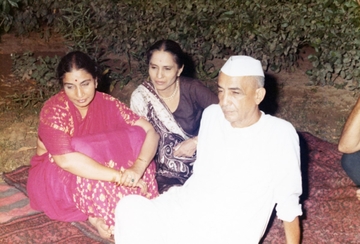One of the more discernible shifts in UP politics, apart from the state veritably losing its autonomy to Indira Gandhi, was the move away from an earlier focus on the red-taping Permit-License-Quota Raj regime to one of complete venality under Tripathi’s hand, whose ministers relentlessly enriched themselves at the cost of the state. This became a recurring refrain in Singh’s speeches: greased palms ruled UP and no policies were followed through unless money was paid, from criminal matters to those of transfers, the state had become a roiling circus where the only means of getting one’s due from the government was paying for it. This scale of venality was virtually unseen before, as Singh’s tone in many prickly rhubarbs on the floor of the house imply. In his last speech against the Tripathi regime, he noted that the criminal neglect of agriculture in favour heavy industries and trivial mass consumption products had been the result of our poverty. Integral issued of rural livelihood like the exorbitant 15% tax on fertilisers were rarely debated in the Assembly or brought to significant attention. He also used this time to broaden the mandate of the BKD and extending partisanship to social groups he had otherwise neglected; he consistently criticised the government for not providing adequate employment for lower caste groups and alleged a hand of the government in inciting anti-Muslim riots in Varanasi while also cutting funding for Urdu-based cultural institutions in the state.


